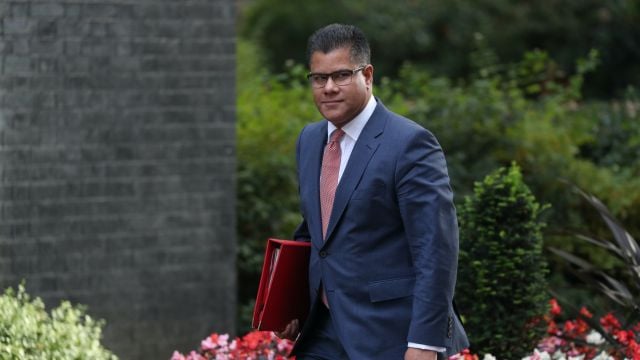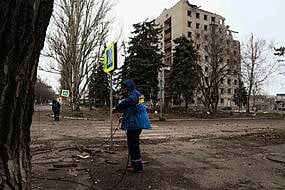Twenty new projects will get a share of £7.2 million to develop new technology and processes to address the challenges faced by some of the world’s most vulnerable people, such as refugees and children.
Projects include delivering mass vaccination capacity in Bangladesh, protective equipment for refugees in Jordan and remote healthcare access for patients in Nigeria.
Defeating coronavirus is a truly global endeavour, which is why we’re backing Britain’s scientists and researchers to work with their international counterparts
The University of Oxford will work with the University of Cape Town to develop a parental advice app for families affected by Covid-19 school closures across Africa.
Birmingham City University will partner with Lusaka and Ndola Colleges of Nursing to help improve the clinical decision making of nurses in Zambia.
This will help to free up their time and prevent healthcare systems from becoming overwhelmed.
The University of Edinburgh and the Open University of Tanzania will work together to identify measures to make voting safer and more secure in African elections to promote social distancing and to slow the spread of coronavirus.
Business Secretary Alok Sharma said: “Defeating coronavirus is a truly global endeavour, which is why we’re backing Britain’s scientists and researchers to work with their international counterparts to find tech solutions to treat and combat this virus around the world.
“The research projects we are backing today will ensure that we equip some of the most vulnerable communities with the resources they need to tackle Covid-19 and build their long-term resilience to respond to future pandemics, making us all safer.”
The £7.2 million UK Government funding will be managed by UK aid programmes, the Global Challenges Research Fund (GCRF) and the Newton Fund, through UK Research and Innovation.







